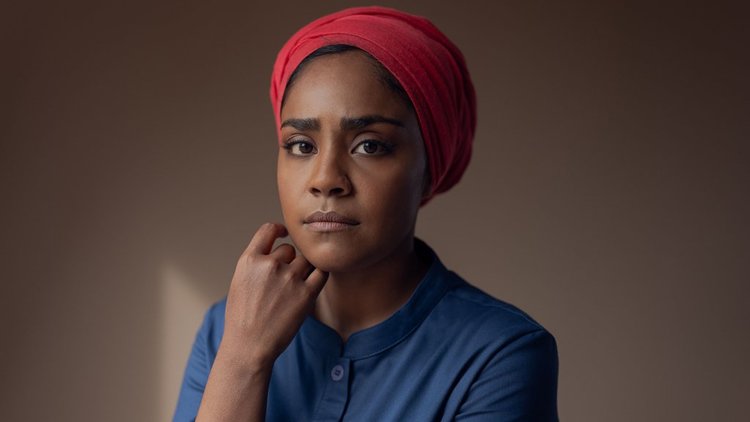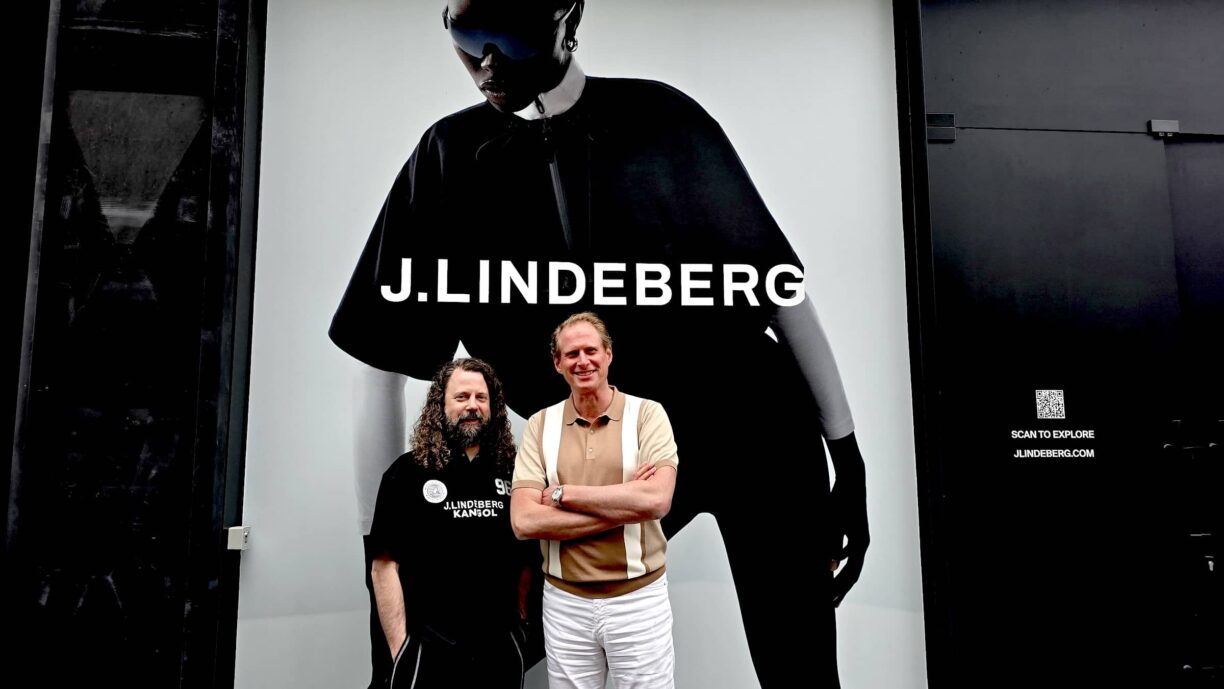Since Nadiya Hussain won Bake Off in 2015, she’s rarely been off our screens. Despite her incredible success, Nadiya has been living with debilitating anxiety and panic attacks since childhood.
In Nadiya: Anxiety And Me, she shares her journey through her first course of therapy.
For a long time, Nadiya has kept her anxiety a secret. After years of struggling in silence, she is ready to find out where her anxiety comes from and how to treat it.
Nadiya hopes her openness will inspire others to seek help and fight the stigma associated with mental health issues.
While Nadiya is sure that she has some sort of anxiety disorder, she has never been fully diagnosed. A GP refers her to a specialist for a course of cognitive behavioural therapy. Her raw and honest therapy sessions help her to reveal the buried memories and key moments from her past that have led to her anxiety.
Nadiya meets others who also have her condition in the hope of understanding her own issues and how anxiety is affecting the nation’s health. Nadiya also learns about the range of treatments available from medication to online support groups.
Young people are particularly vulnerable to experiencing anxiety. Nadiya meets students at Hove Park School in Brighton which takes an unusually open and proactive approach to supporting the mental health of their students.
Nadiya emerges hopeful that the next generation will be better equipped to cope with the pressures on their mental health.
When did your mental health first become a concern in your life?
It’s a feeling that I have had since I can remember. Undiagnosed, I always just thought it was my personality until I started having what felt like moments of stress that left me immobile and I couldn’t breathe and I would feel lightheaded. It was debilitating and that didn’t feel normal.
How has talking openly and publicly about your struggles with mental health helped you? Do you think it can help others who may be going through the same?
It has helped to talk about it publicly but equally it has also added to the anxiety. I think by speaking out and being honest and transparent it will help others to realise that they are not alone on this journey.
Why is it so important to seek help and treatment about mental health issues?
It is so important to recognise it early and to seek treatment and support which will be beneficial to your overall mental health in the long run.
If you could give any mental health advice to your younger self, what would it be?
Talk to someone. I bottled up all my emotions and forced myself to grow up faster than I needed to.
What advice would you give to people who want to help loved ones who struggle with their mental health?
Have an open mind and realise that you may not always understand or ‘get’ what they are saying. It’s about listening, not judging and saying ‘what can I do to help’?
Often it’s so hard to get to point where you are even talking to someone about it, so to get that far is a massive step for most people and that in itself is a huge leap. It’s important to understand the courage that it takes to get there.
Has the community or background that you are from impacted the way that you have dealt with your mental health issues?
Absolutely, however the label or tag ‘mental health issues’ comes with a stigma attached to it no matter what community you are from.
Why did you want to make this documentary?
I made this documentary because the biggest problem with having a mental health illness is the lack of talking and communication. If I break my finger, I go to accident and emergency.
If I have a cold, I go to the pharmacy. If I’m broken inside, where do I go? So, to help myself heal, I felt the best way to do this would be to talk, to share and to better understand what it is that I have.
In doing so I was hopeful that I could find a solution, a cure or a way out. I had to be honest and speak truthfully and share that I, like anyone else, can suffer. I keep going on about talking and sharing and here I am bare, no frills, sharing, talking.





